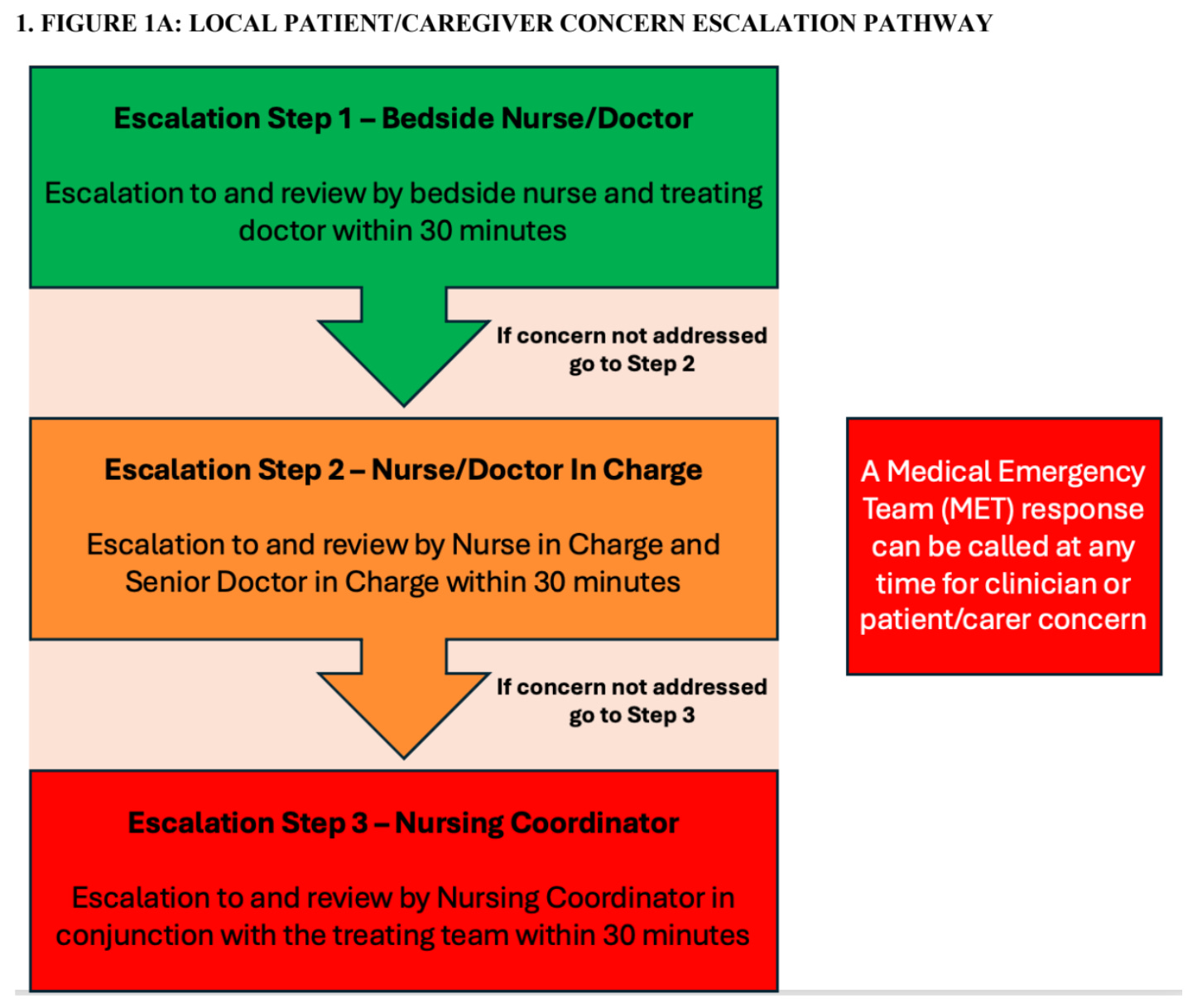Check On Children Who Worry Their Parents
Parents can be an under-appreciated source of longitudinal data.
Our emergency department in New Zealand has something none of my emergency departments in the U.S. ever had: signs on the walls asking families if they are worried their family member is getting worse.
That practice is backed up by this little piece describing the association of caregiver concern with poorer outcomes in children admitted through the emergency department of a hospital in Australia. Effectively, clinical staff were directed to ask, very simply, “Are you worried your child is getting worse?” with every set of vital signs after triage.
That sets off this algorithm:
Despite all the focus on abnormal vital signs in sepsis screening tools, the adjusted (many, many adjustments) odds ratio for ICU admission in a child whose caregivers were concerned was 1.72 (95% CI 1.40 - 2.11) – exceeding the predictive power of heart rate, respiratory rate, oxygen saturation, and altered mental status, among others.
The cynical among us might be concerned this will be abused, and overload clinicians more than help. That is not, anecdotally, the case here – although it cannot necessarily be generalized to all international settings.

